We are pleased to share the results of the 2022 product substitution research conducted by EBOSS on behalf of MBIE, with additional funding from BRANZ. The research surveyed 377 architects, designers and builders across New Zealand on their experience of the substitution process over the last year, with the aim of better informing BCAs in order to improve processes and help MBIE’s ability to deliver legislative changes such as the new Building Product Information Requirements that come into effect this December.
The full report is available for download here.
Key findings include:
The level of substitution has been elevated over the last year - and dominated by short-term factors that are now easing
Unsurprisingly, all forms of product substitution were higher in the year to September 2022. Long lead times and product availability were the two biggest factors for substitution, while price and subcontractor preference were also key for many substitutions.
Cladding was the most substituted product category, with 61% of respondents saying they had made a substitution in the past year, followed by Interior Linings at 59%. This highlights the impact of the supply chain issues we’ve seen over the past year which have largely affected products in these two categories. With the easing of supply chain issues, these elevated levels of substitution are also expected to ease.
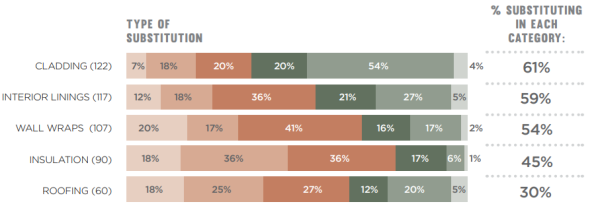
The issue BCAs most need to address is consistency
When asked how consistent different inspectors were in the way they approach each type of substitution, architects and builders alike noted that they’d experienced inconsistency. The largest level of inconsistency was reported for on-site minor variations where 24% reported quite a lot of variation, and 28% reported completely different processes across inspectors or BCAs. This is a key area for improvement as BCAs aim to reduce frustration and unnecessary work.
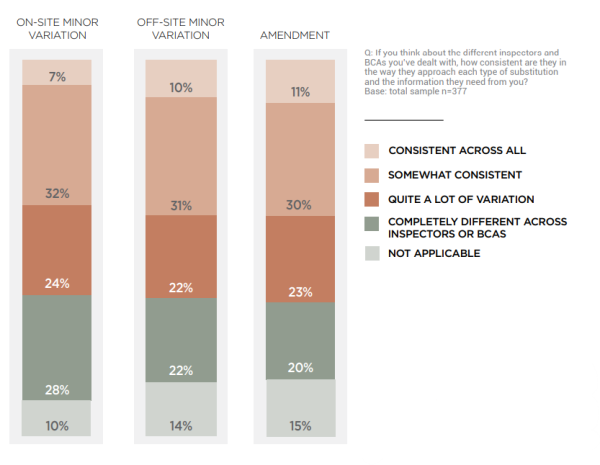
Lack of good quality information from suppliers is making the job harder
Quality of information is key when it comes to selecting a product for substitution, yet only 36% of respondents said that information provided by suppliers allows them to compare products easily. In particular, architects and builders say they need easy access to quality information that demonstrates proof of compliance with the NZBC in order for a product to be considered for substitution. Product suppliers have work to do to improve their information to make it simple for architects, builders and BCAs - not to mention the new Building Product Information Requirements coming into effect soon.
For more key findings, download the report here.











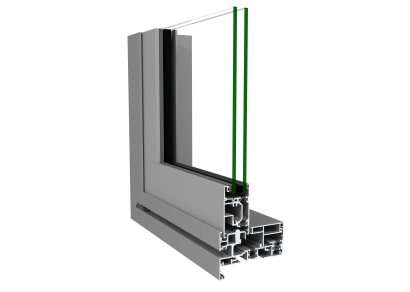

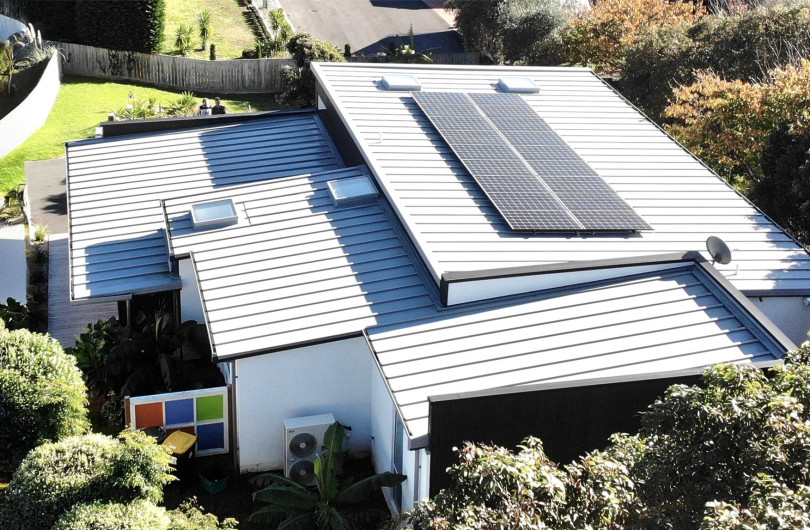




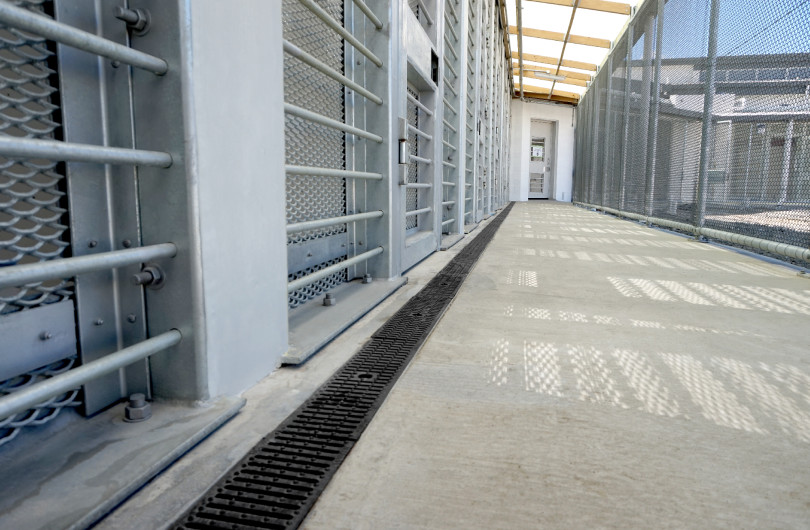






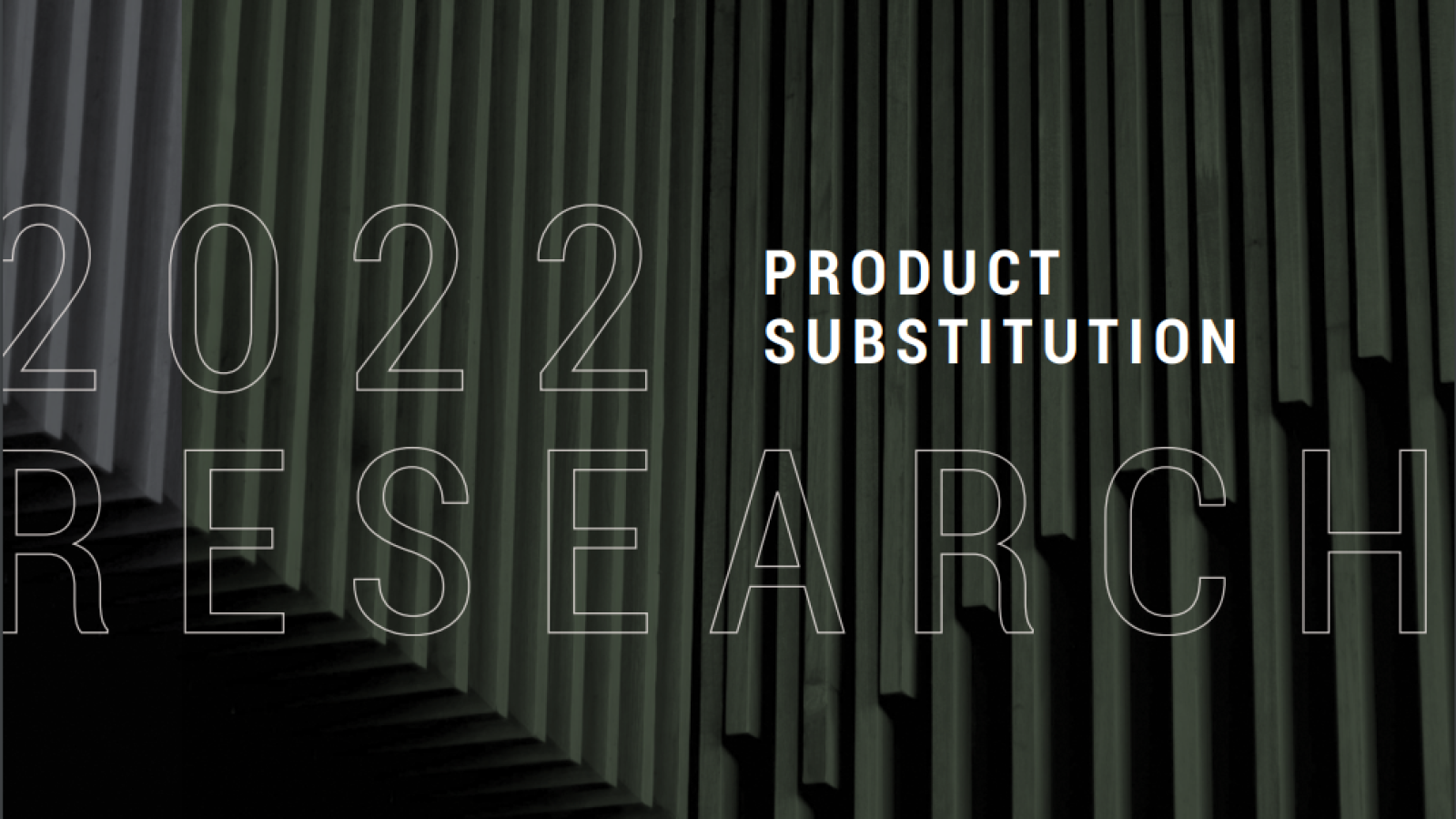



 Most Popular
Most Popular Popular Products
Popular Products


